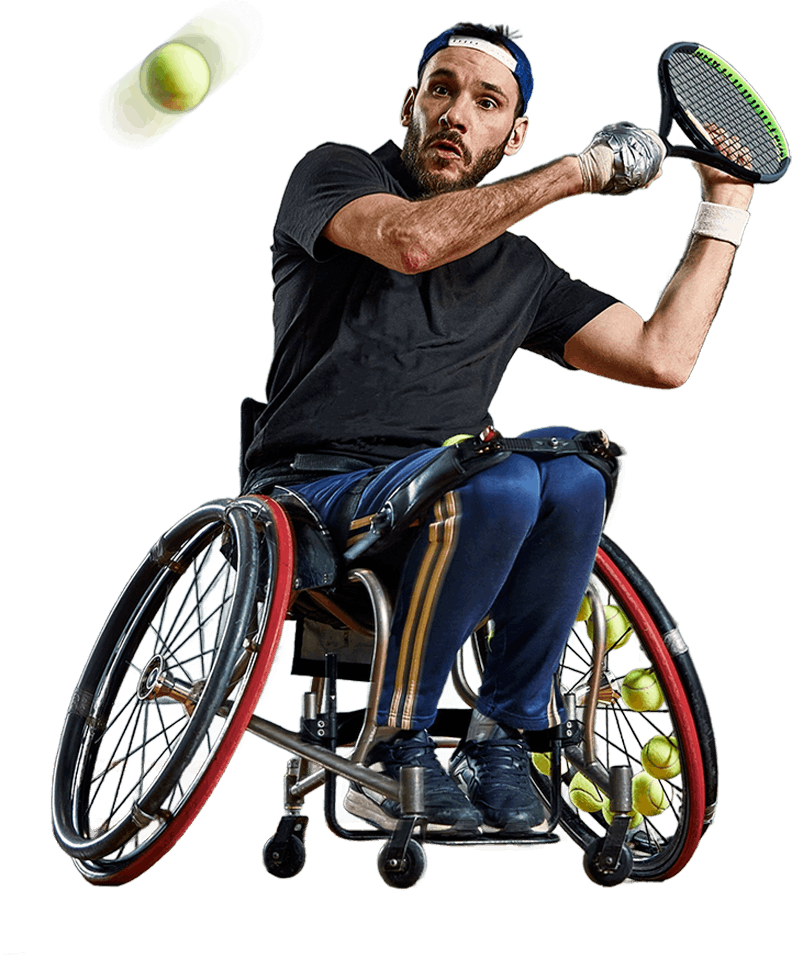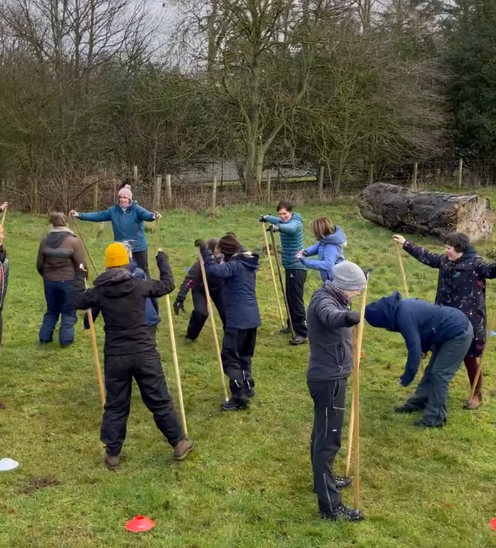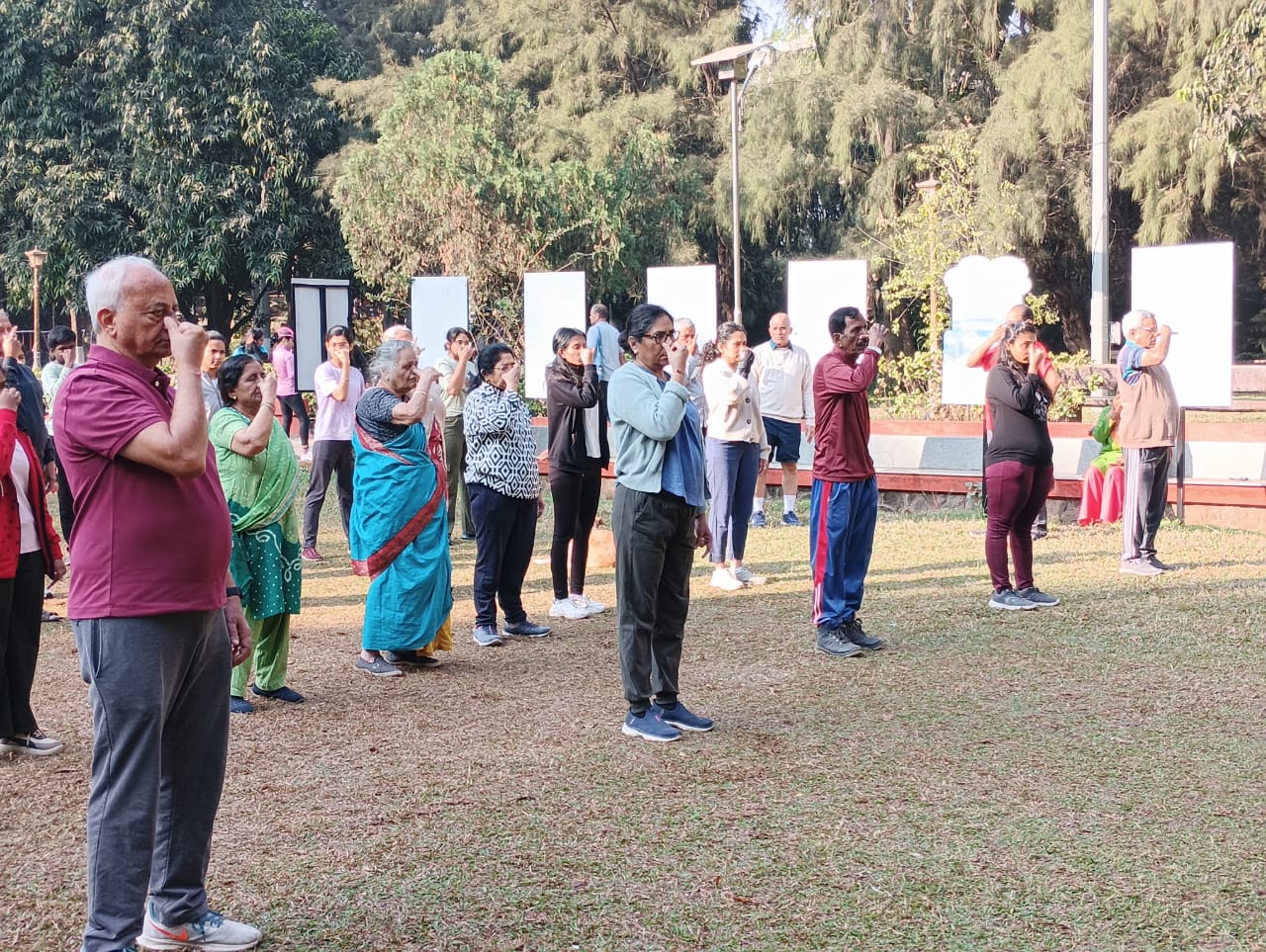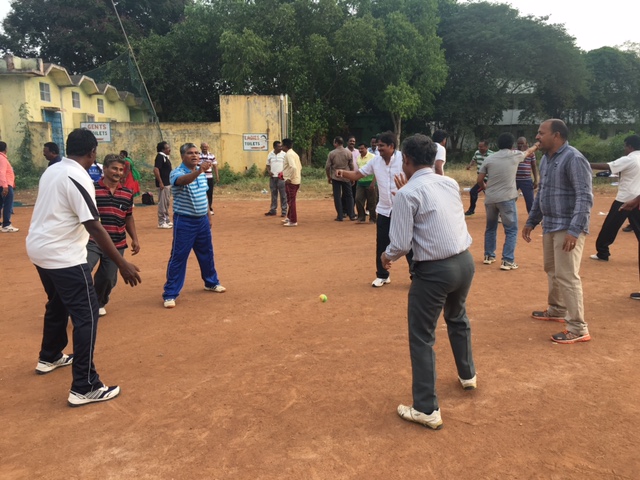Our members are at the forefront of development with regard to the implementation of physical literacy informed practice. We support and share the innovation and development of practice which works to deliver physical literacy outcomes and improve the confidence, competence, motivation, knowledge and understanding to enable people to value and engage in physical activity for life.
Developing Practice
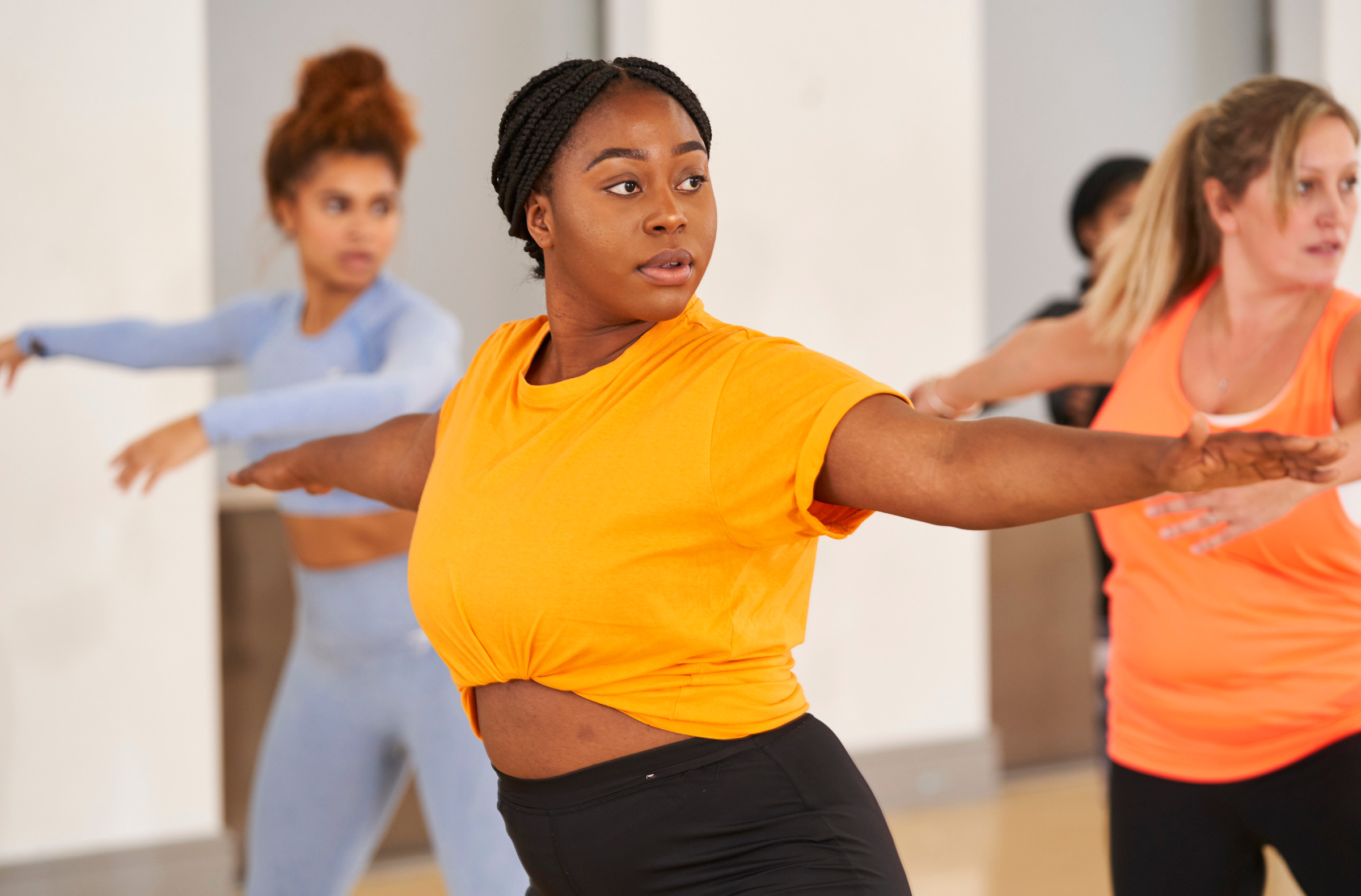
Case study: British Fencing
British Fencing approached the IPLA to review their youth inclusion programme, ‘We are Forging Futures’, being delivered through schools and several outdoor education centres, such as the Kingswood Outdoor Education in Sheffield. The British Fencing team, led by James Craig, had identified clear links between this programme and physical literacy, with the promotion of holistic development through fencing.
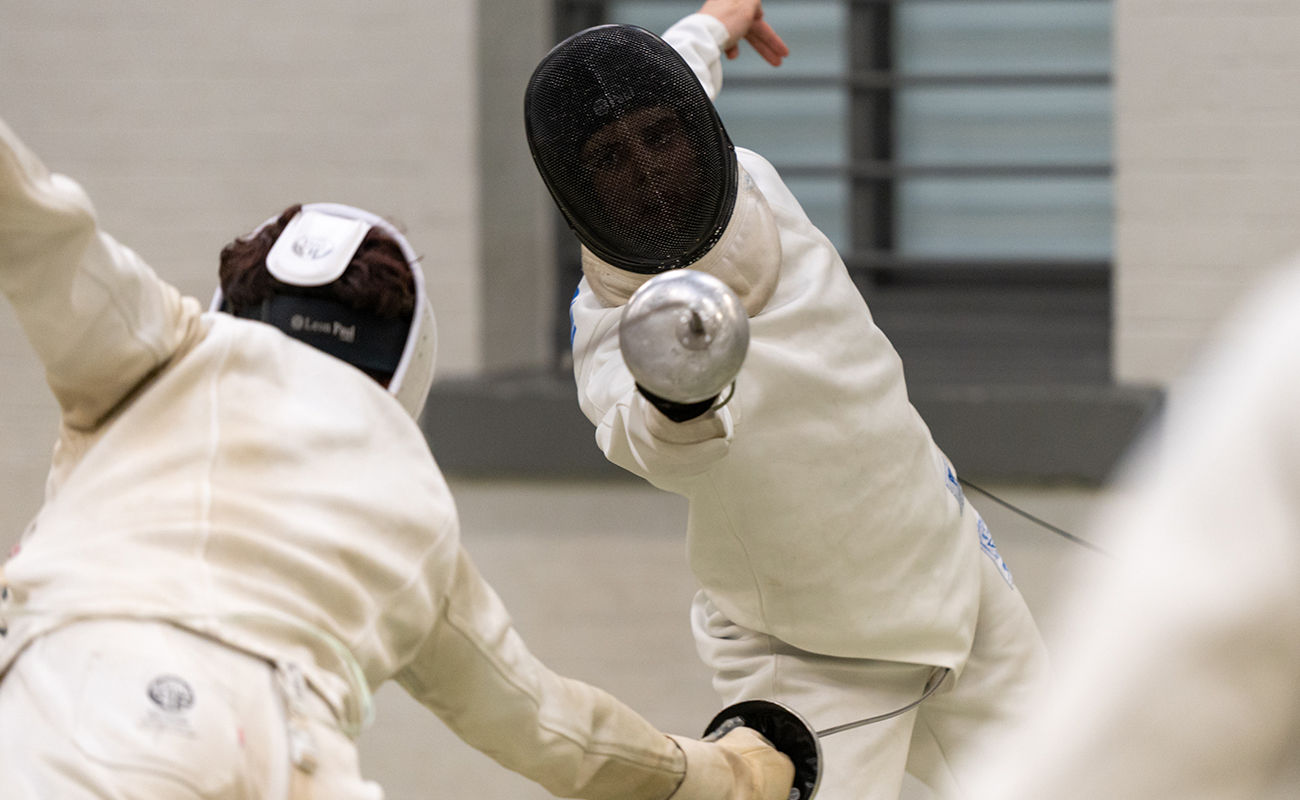
British Fencing identified clear links between their ‘We are Forging Futures’ programme and physical literacy.
British Fencing’s approach is to encourage children to develop their personal characteristics such as confidence, motivation, resilience, as well as movement skills and knowledge and understanding about the sport, though a fun and engaging environment. British Fencing are now modifying their literature to ensure that the physical literacy message is clear and correct.
The project led to an invitation from Sheffield Hallam University to begin work on a project to explore resilience, being proposed by Professor John Allen and colleagues.
Download full case study
Case study: Lands Improvement Holdings (LIH)
Lands Improvement Holdings (LIH), one of the UK’s largest land developers, have adopted the principle of physical literacy to guide its master-planning work on new residential developments, to help achieve their ambitions to build “healthy happy places for future generations.”
Working with Trevor Smith from the IPLA, and challenging the conventions of homogenous, outdoor provisions for activity and exercise, LIH explored the needs of community groups from an activity-first approach. Working with key stakeholders – health and planning authorities, leisure and lifestyle teams – the focus ‘on foot’, ‘with wheels’, ‘in the outdoors’, formal sport’, and ‘relaxation’ – lobbied investment away from identikit playparks to multi-generational spaces, and event programmes.
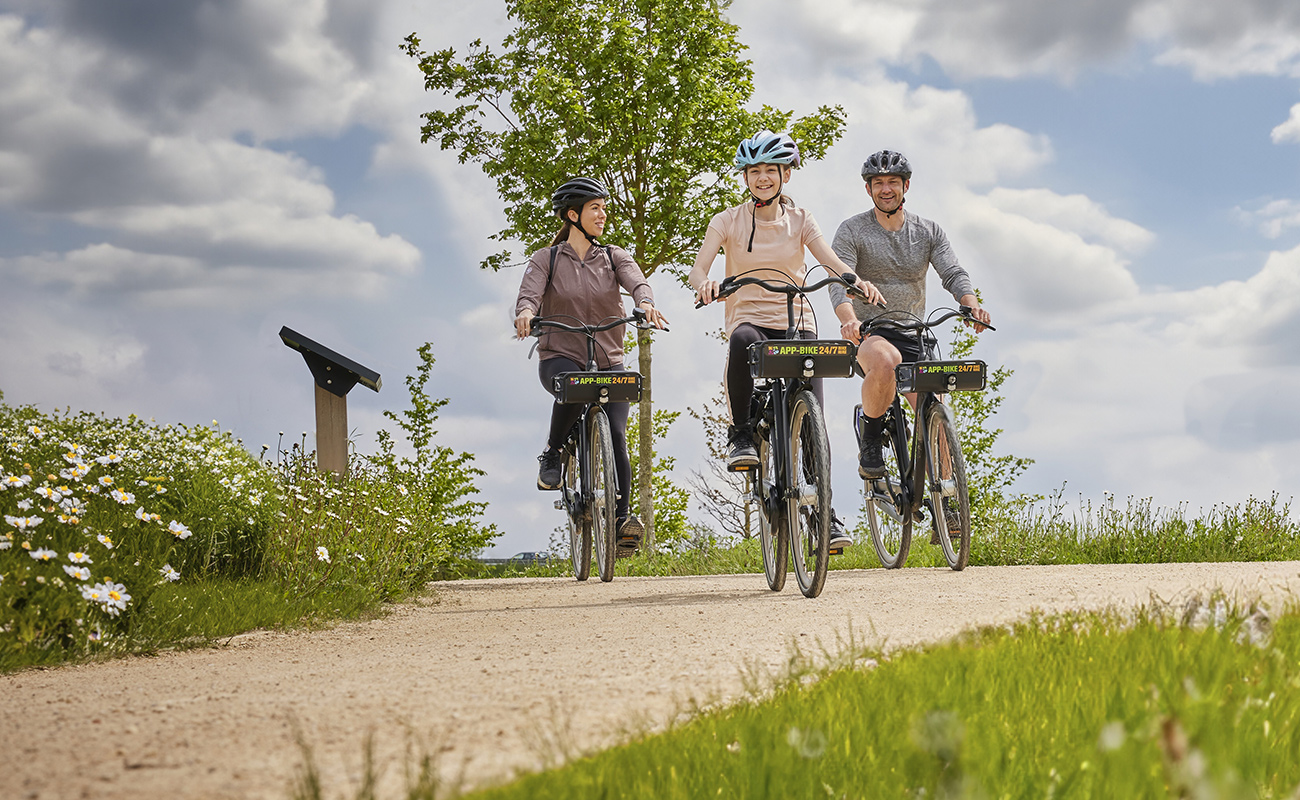
Physical literacy urges developers to take an activity-first approach to designing active, outdoor spaces.
The Linmere Development, in South Bedfordshire (UK), with LIH operating as master developer, is an ideal case study in developing the practice of physical literacy and challenging the conventional approach of houses first, provisions second.
Community spaces were built first, supported by community liaison teams to foster relationships between residents and deliver programmes to activate use of facilities and nurture sustainable journeys.
Download full case study
Support our MISSION
To grow the reach of physical literacy,
improving life outcomes across the world, requires the generosity of those willing to help us with our important mission.
